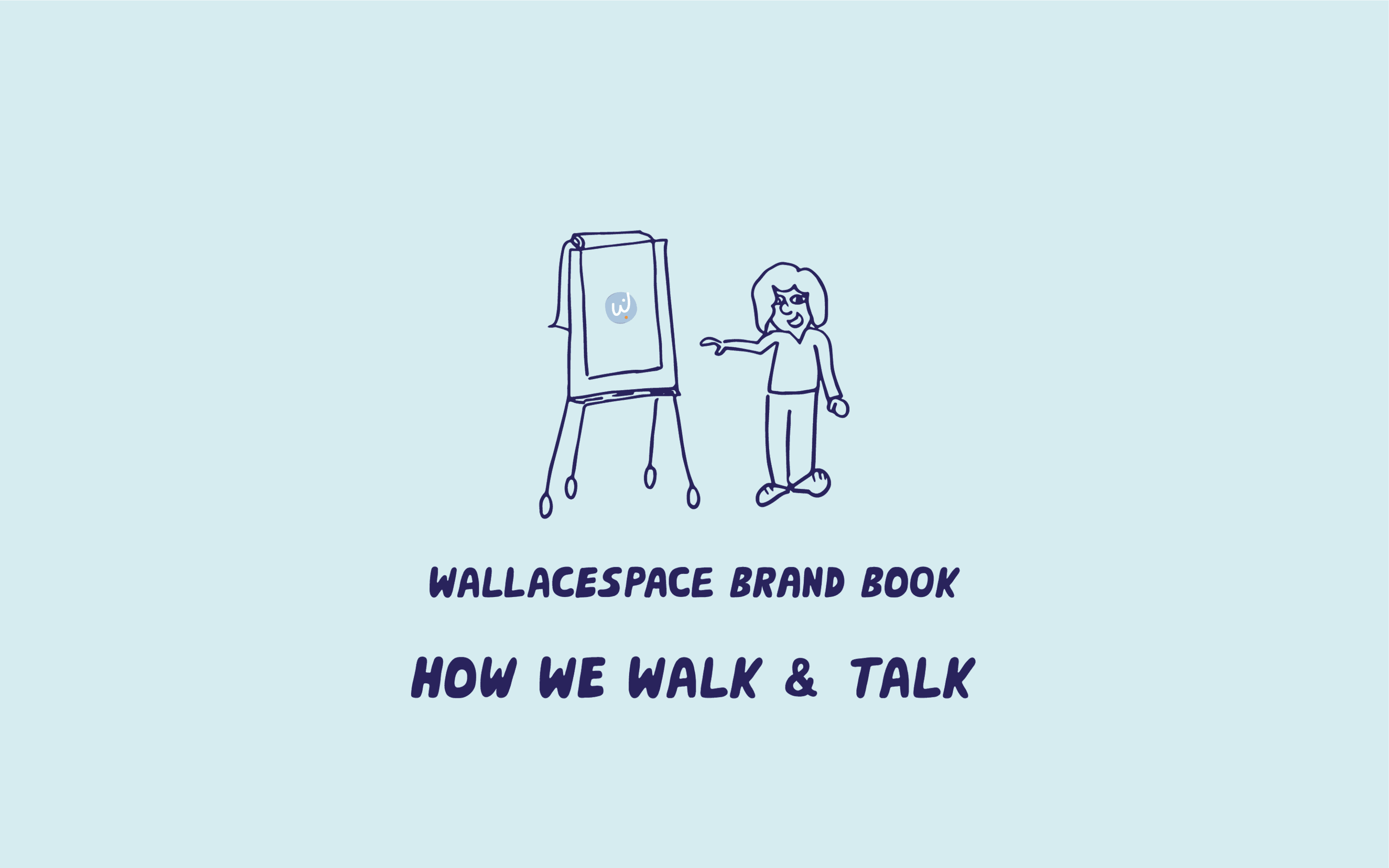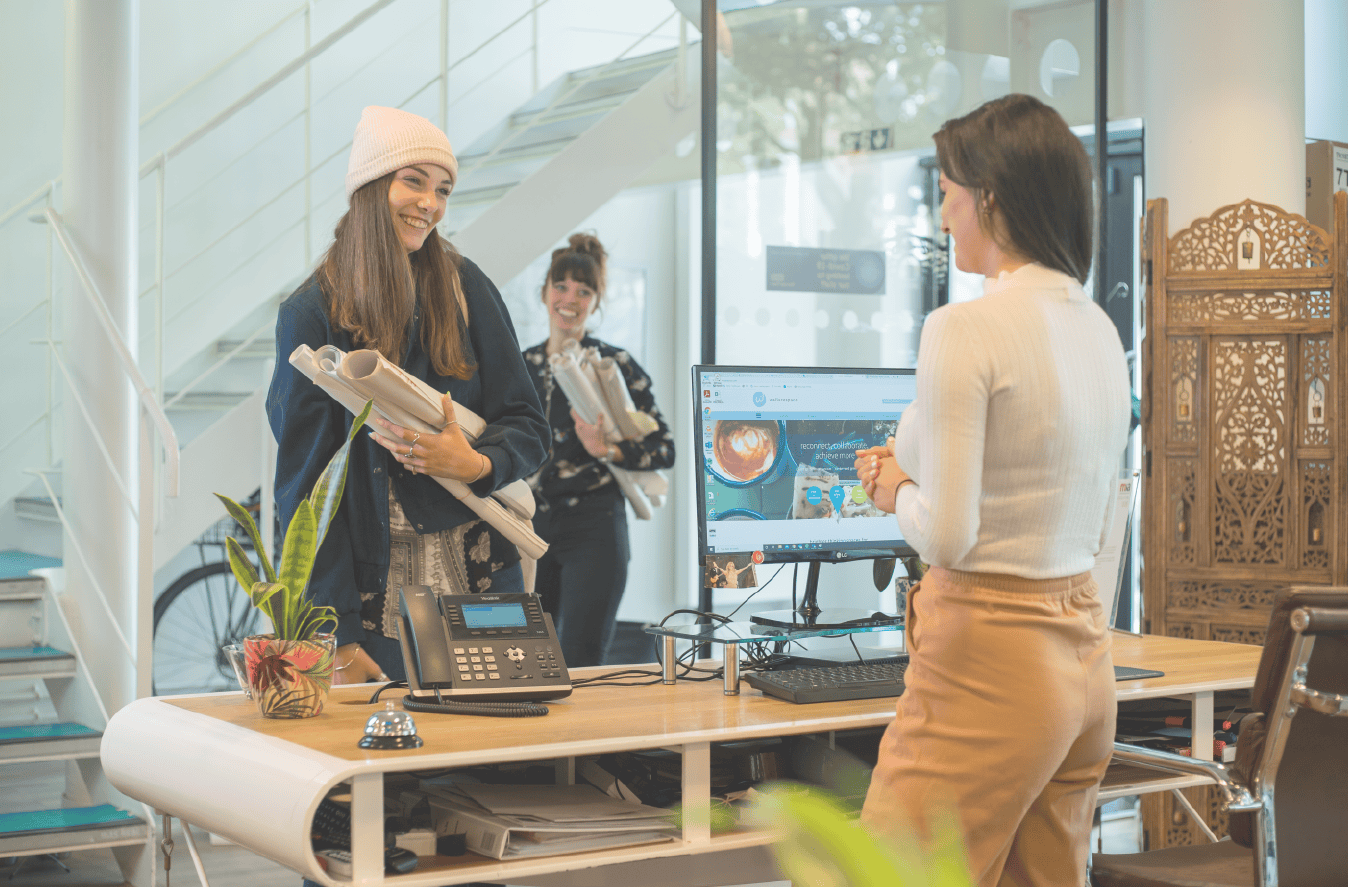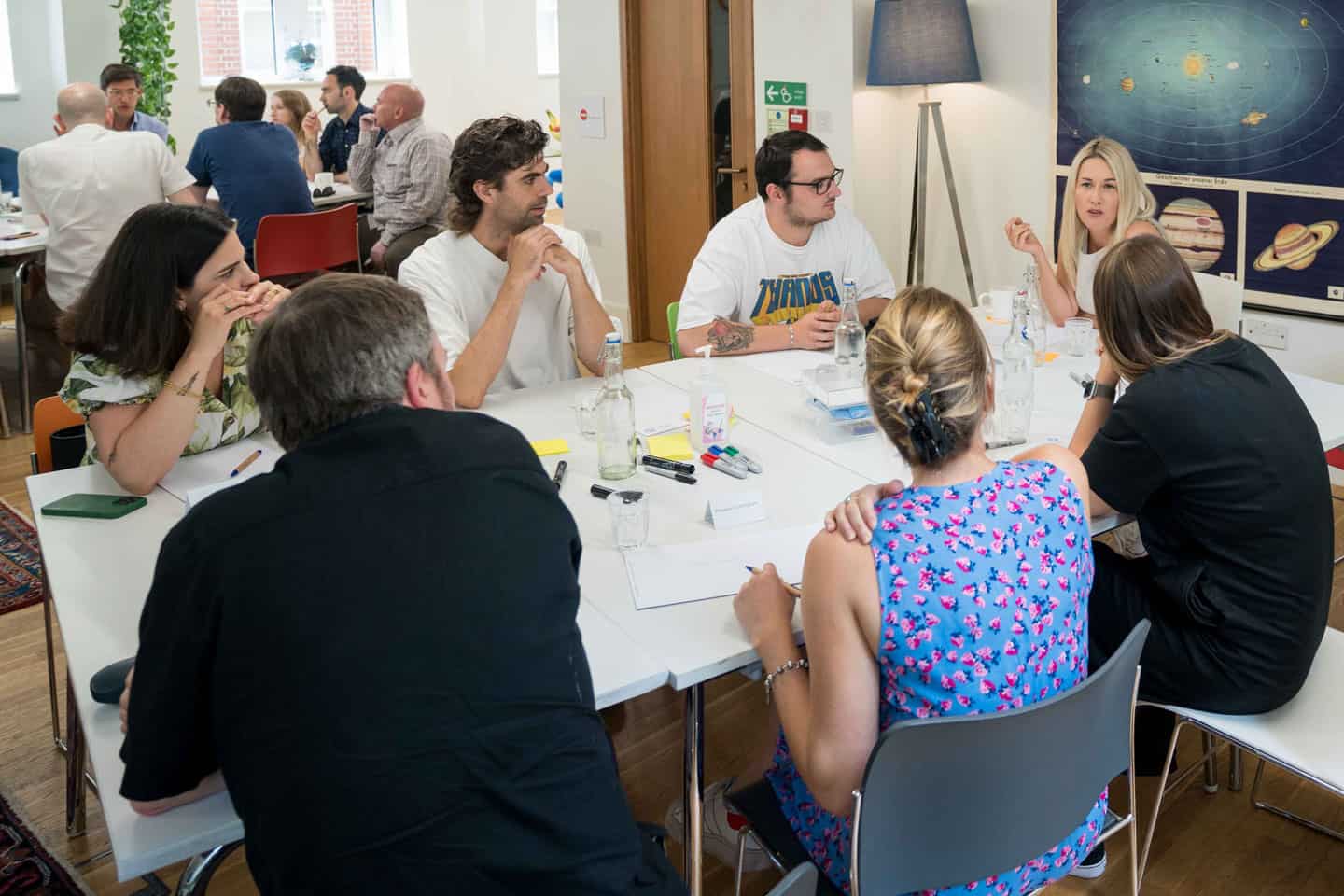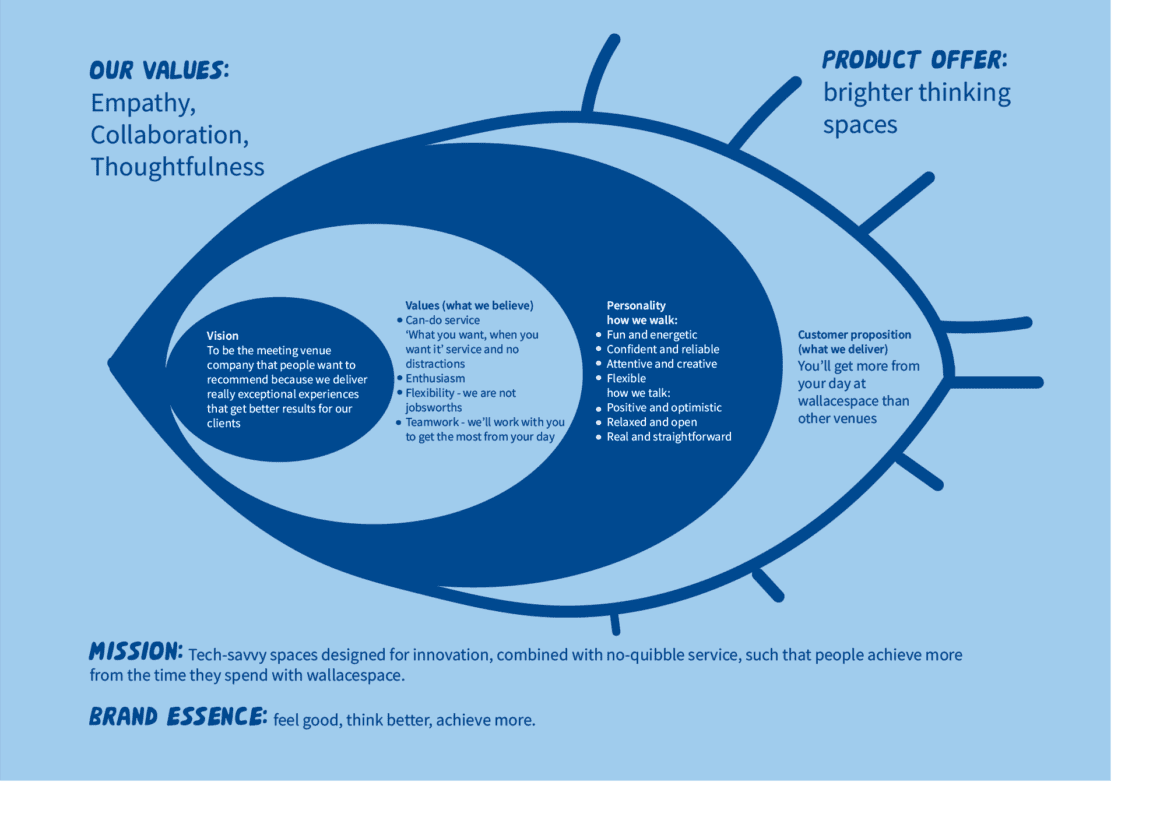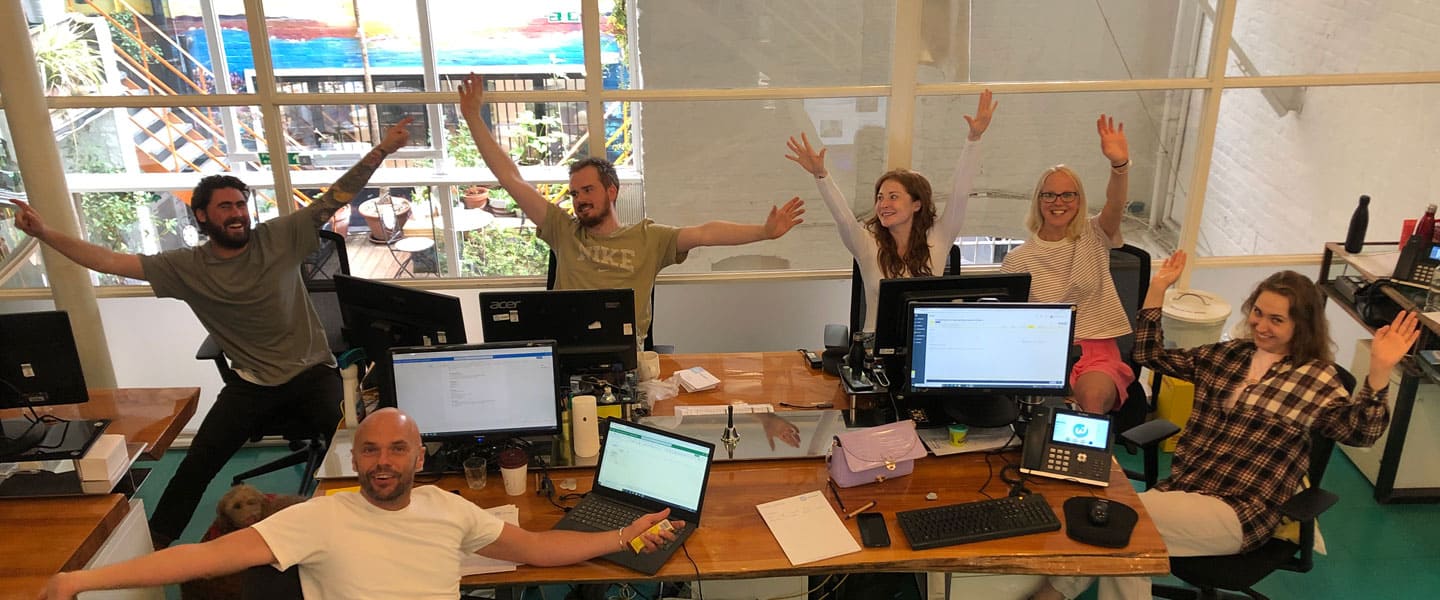Forward thinking & contingency planning
Contingency & forward thinking are the cornerstones of successful meetings & events. By anticipating potential challenges and developing proactive solutions, we can minimise risk, be efficient with resources and build partnerships built on trust.
Mitigating Risks
Unexpected Challenges: Meetings and events can be complex with many moving parts. Unexpected headaches like speaker cancellations, tech failures or travel disruption can derail an event. Solid contingency planning helps us respond effectively and minimise disruptions.
Crisis Management: In case of emergencies, having a plan keeps us all safe and protects our brand reputation.
Resourcing: Identifying potential needs in advance allows for efficient resource allocation and prevents last-minute scrambling
Scenario Planning: By thinking through possible scenarios, you can develop effective strategies to address challenges or opportunities.
Creating Exceptional Experiences
Anticipating your clients’ needs allows you to create memorable, worthwhile experiences.
Forward thinking helps you stay flexible and adapt to changing circumstances, ensuring the event remains engaging and relevant.
Building Trust and Confidence
Be prepared: Demonstrating preparedness and a proactive approach builds trust.
Professionalism: Solid contingency planning demonstrates a high level of professionalism and attention to detail.

